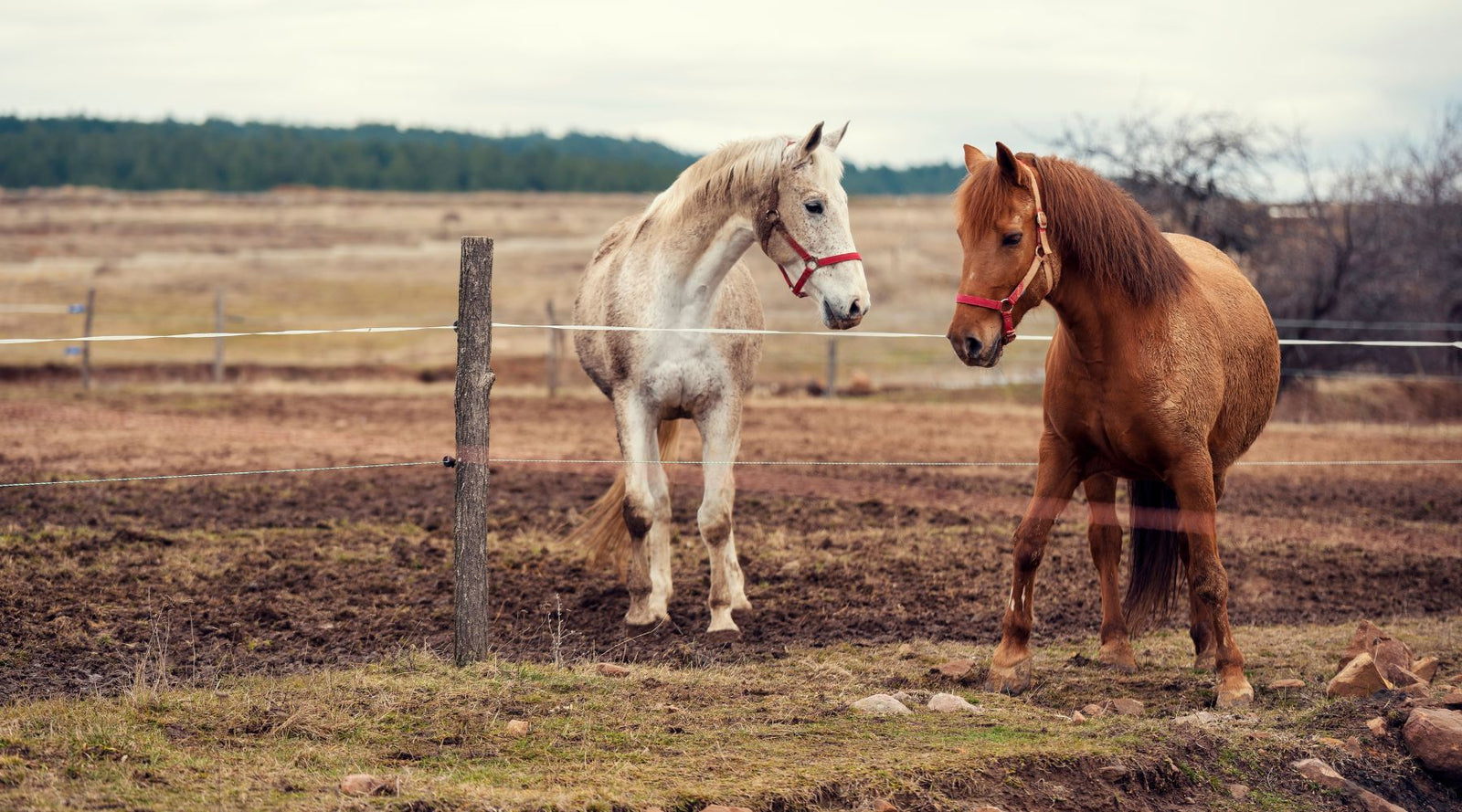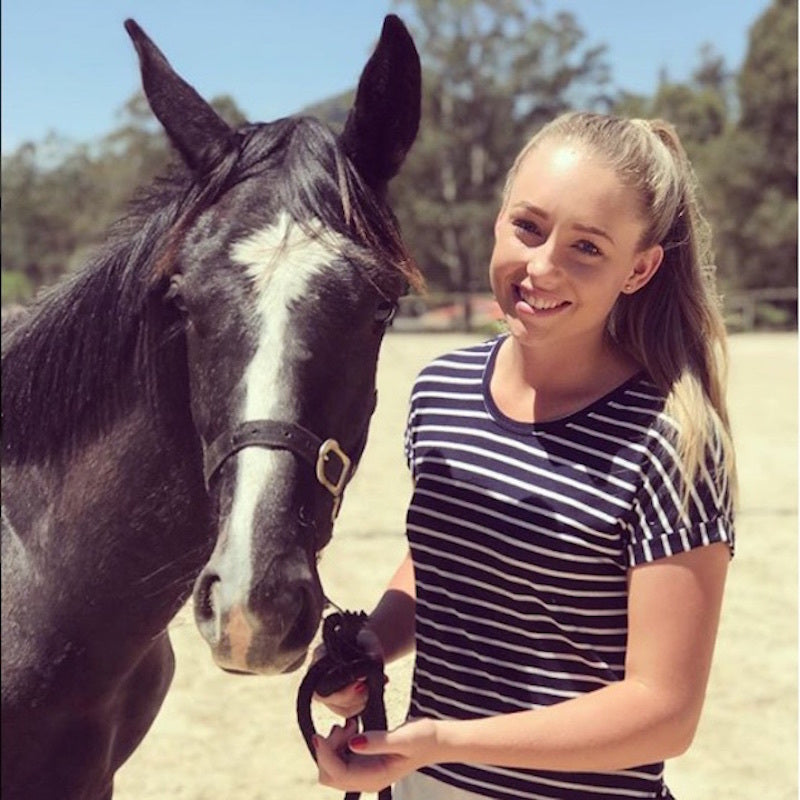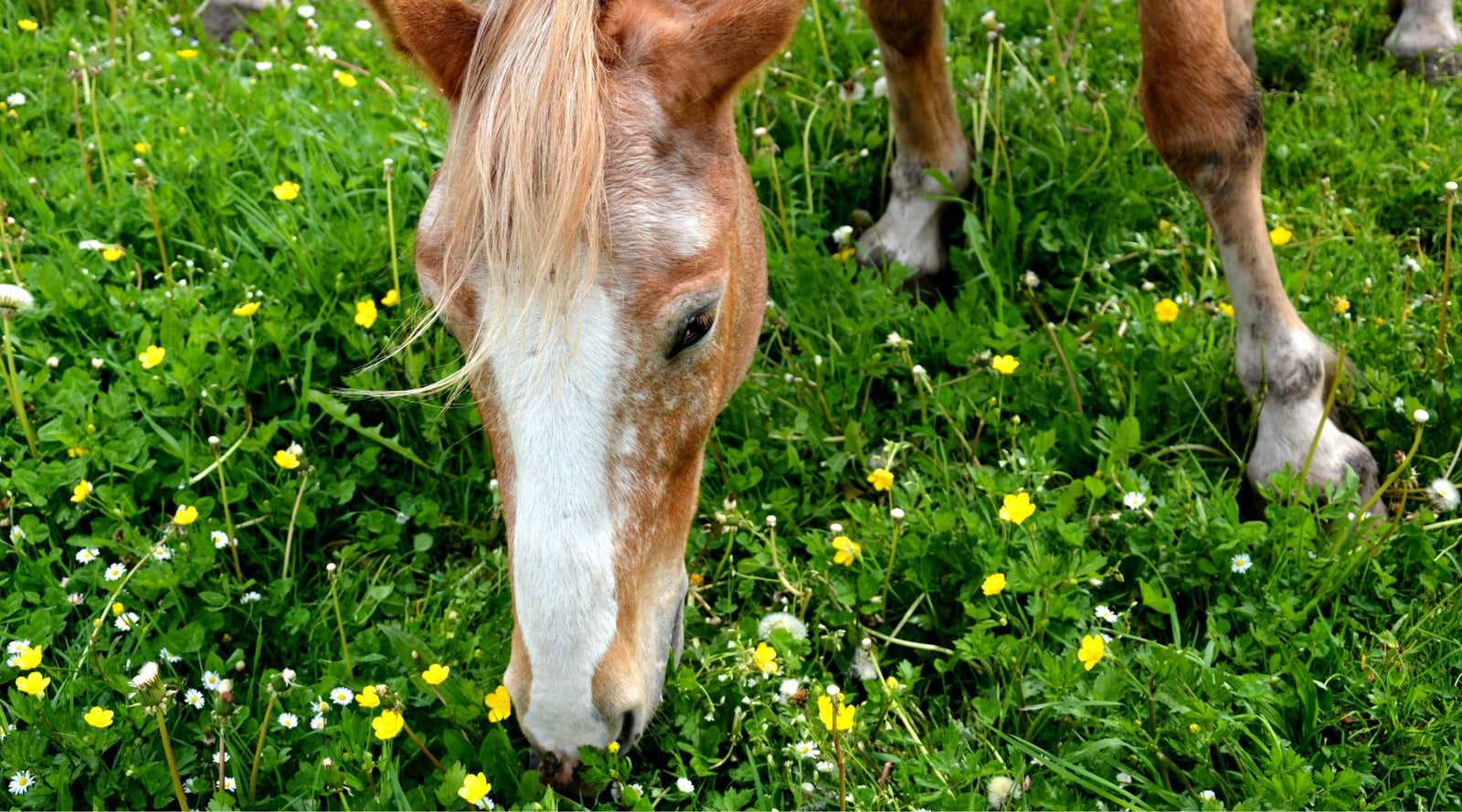Triple Hippo Rewards points are now available on all purchases made before midnight 24th February 2026.
Triple Hippo Rewards points are now available on all purchases made before midnight 24th February 2026.
Horse & Rider
Winter Horse Health: Natural Remedies for Hoof Abscesses and Mud Fever
by Fiona Lane June 19, 2024

Managing horse health in winter can be challenging. Wet, muddy conditions can result in health issues like hoof abscesses, Mud Fever / Greasy Heel that can be both painful and debilitating, while more time inside and changes to routine can lead to behavioural issues and poor condition. Thankfully we have a range of natural remedies that can support winter horse health.
Preventing Winter Ailments
Making sure your horse is in top condition leading into winter is important, and a good place to start is with a healthy liver. In horses, the liver performs more physiological functions than any other organ in the body, so a poorly functioning liver can cause a range of ailments including weight loss, skin damage and diarrhoea.
Supporting immunity through a healthy liver
Good quality feed rich in antioxidants, vitamins and minerals is important, along with regular exercise to promote circulation and clean, stress-free winter living conditions.
Our Liver Plus – Equine remedy is 100% natural, safe for long-term use and can be used alongside any veterinary prescribed medications. This remedy takes around three weeks to take effect, so starting in the Autumn is recommended.
Some horses need help keeping condition on over winter due to a fast metabolism, their age or poorer grazing quality. Our Conditioning Tonic helps horses get the best out of their feed by promoting efficient uptake of nutrients from their normal diet.
Managing Hoof Health
Wet and muddy winter conditions can soften the hoof wall and sole, making them susceptible to cracks and chips. While most are superficial and will heal quickly, this can be an open door for bacteria, leading to infection.
Using supplements can improve hoof health, however if your horse already has a healthy diet, then health might be the issue. Our Healthy Hooves remedy supports a healthy gut and digestive tract that can readily absorb vitamins and minerals already present in the diet. This remedy can also be used for horses with seedy toe and white line disease.
Preventing and managing hoof abscesses
Hoof abscesses are painful and distressing, especially if your horse seems to get them one after the other. Here at Hippo HQ we take a two-step approach to hoof abscesses. We recommend using our Healthy Hooves remedy to prevent the cracks and chips that let bacteria in.
If an abscess does form, our 100% natural Abscess Plus remedy can provide support from the inside out to promote the safe venting and drainage. If a foreign object buried inside the tissue has caused the abscess, our remedy can help with drawing the offending object out.
More tips on hoof health
We’ve got a whole range of remedies to support hoof health, or you can read our blog on other common hoof conditions and how to manage them.
MUD FEVER / greasy heel PREVENTION AND MANAGEMENT
Every year we speak with distressed owners having to scrape off scabs and apply creams and bandages to horses with Mud Fever / Greasy Heel. This process isn’t just painful and stressful for the horse, it can also be dangerous for those managing the treatment.
Mud & Rain is an oral remedy that supports a normal immune response to conditions caused by the Dermatophilus congolensis bacteria which often have a lot of different names such as Mud Fever, Greasy Heel, Equine Dermatitis, Pastern Dermatitis, Rain Scald, Rain Rot, Mud Rash and Scratches. The remedy can be dosed straight into the mouth, given on feed or a treat, or added to the water trough – which is a cost effective way to dose multiple animals. Oral dosing also means there's no need to touch sore and sensitive areas or legs making this a no sting, no mess and no stress way to manage Mud Fever / Greasy Heel. Find out more about how oral dosing works.
For horses prone to Mud Fever / Greasy Heel we recommend starting with a preventative dose once a week when the seasons change, increasing the dosing frequency for 7-10 days at the first sign of any trouble.
Read our guide to prevention and management of Mud Fever/Greasy Heel for more information – and to see before and after photos from some of our customers. Or head to our product page to read over 150 customer reviews!
More winter remedies for horses
We’ve got a whole range of remedies to help keep horses in tip top shape over the winter months, including our Joints Plus for stiffness and our best selling Chilled Out Horse for those needing support through the winter blues.
General Disclaimer: Always follow dosing instructions. Our remedies are formulated to support the natural immune system of horses, pets, livestock, and people. We do not claim to treat, medicate, or cure any health conditions. If you are worried an animal may be in pain or suffering, please contact your veterinarian.




